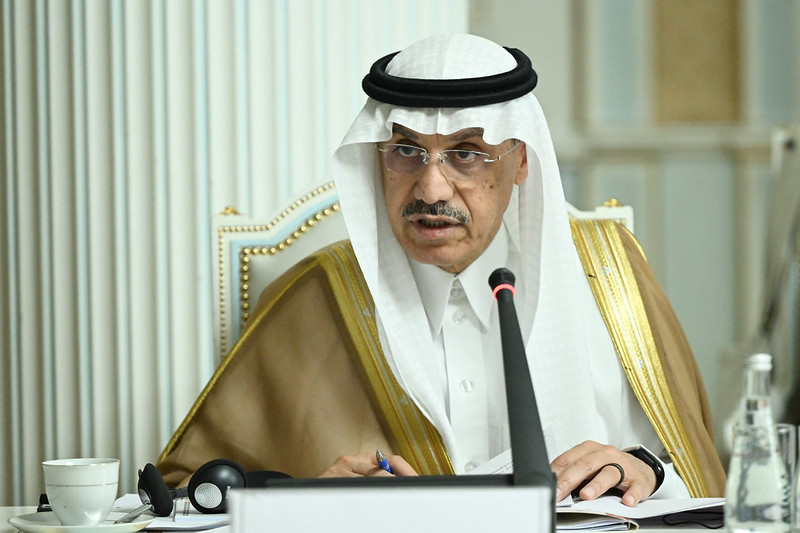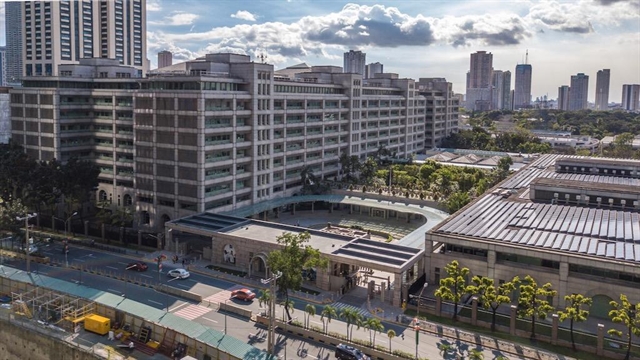



In a recent exclusive interview, Dr. Muhammad Sulaiman Al Jasser, Chairman of the Islamic Development Bank (IsDB), emphasized the urgent need for meaningful increases in global climate finance to support developing nations. This call to action comes in the wake of COP29, held in Baku in November 2024, which highlighted the Baku Finance Goal (BFG). The BFG aims to mobilize US$1.3 trillion annually for climate finance in developing countries, with a specific target for developed nations to contribute US$300 billion per year by 2035 [2391f69c].
Since COP27, IsDB has approved over US$5.5 billion in climate financing, with 47% allocated for climate adaptation projects. The bank has committed to allocate 35% of its total financing commitments to climate finance by 2025, reflecting a robust response to the pressing challenges posed by climate change. Since its inception in 1975, IsDB has approved over $193.6 billion across 12,078 operations, demonstrating its long-standing commitment to development and sustainability [2391f69c].
In addition to climate finance, IsDB's Food Security Response Program has allocated $10.54 billion to address food security challenges exacerbated by climate change and other factors. The Riyadh Declaration, adopted during IsDB's 50th anniversary in May 2024, further underscores the bank's commitment to sustainable development and climate resilience [2391f69c].
The Asian Infrastructure Investment Bank (AIIB) has also been active in addressing climate finance needs. Recently, AIIB welcomed Nauru as its 110th member, expanding its capacity to assist developing nations. AIIB President Jin Liqun noted that over 20% of the bank's approved financing has been directed towards ASEAN countries, with a significant portion aimed at climate change projects [b5d22734].
The collaboration between various financial institutions, including the Inter-American Development Bank (IDB) and the International Monetary Fund (IMF), has been crucial in supporting environmental initiatives. The IDB and IMF recently pledged to work together with Paraguay on climate change adaptation and mitigation reforms, providing substantial financial support [4e385286].
Furthermore, the Asian Development Bank (ADB) has approved a historic allocation of $1.42 billion in net income from its ordinary capital resources to support economic development and climate finance in the region [d5f52591].
As the global community grapples with the impacts of climate change, the collective efforts of institutions like IsDB, AIIB, IDB, and ADB highlight the importance of increased financial commitments to meet the needs of developing nations and ensure a sustainable future [2391f69c].